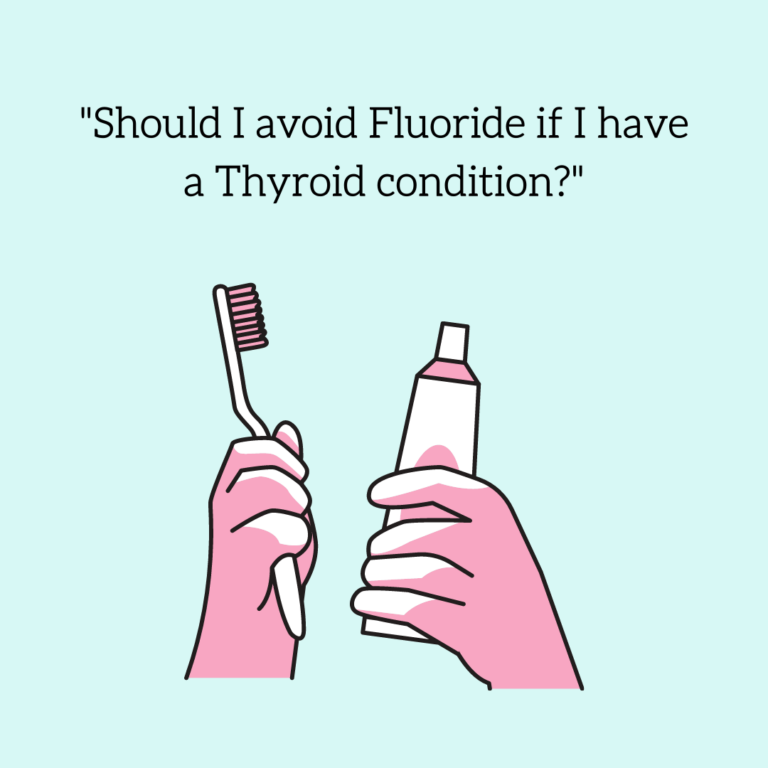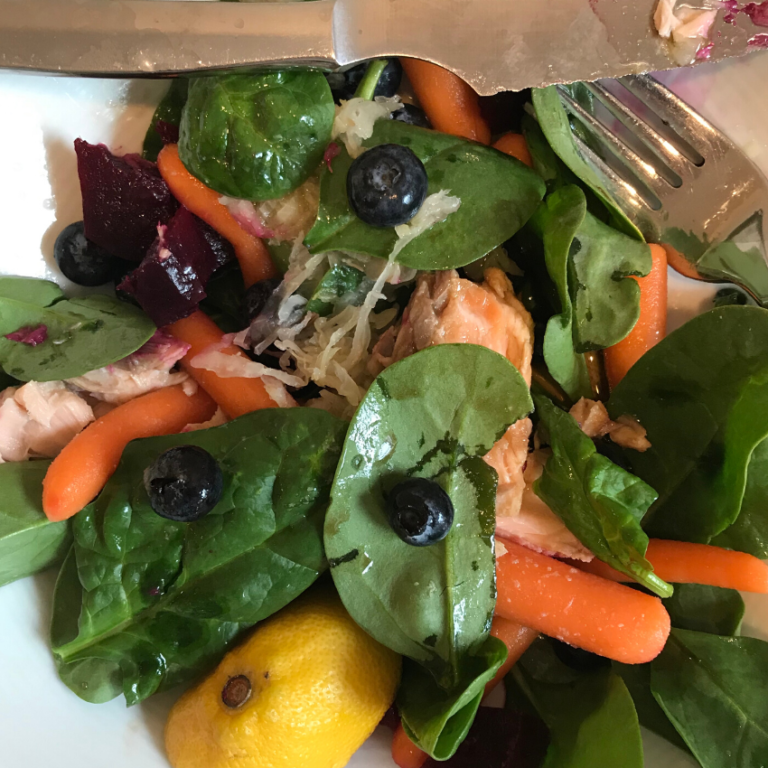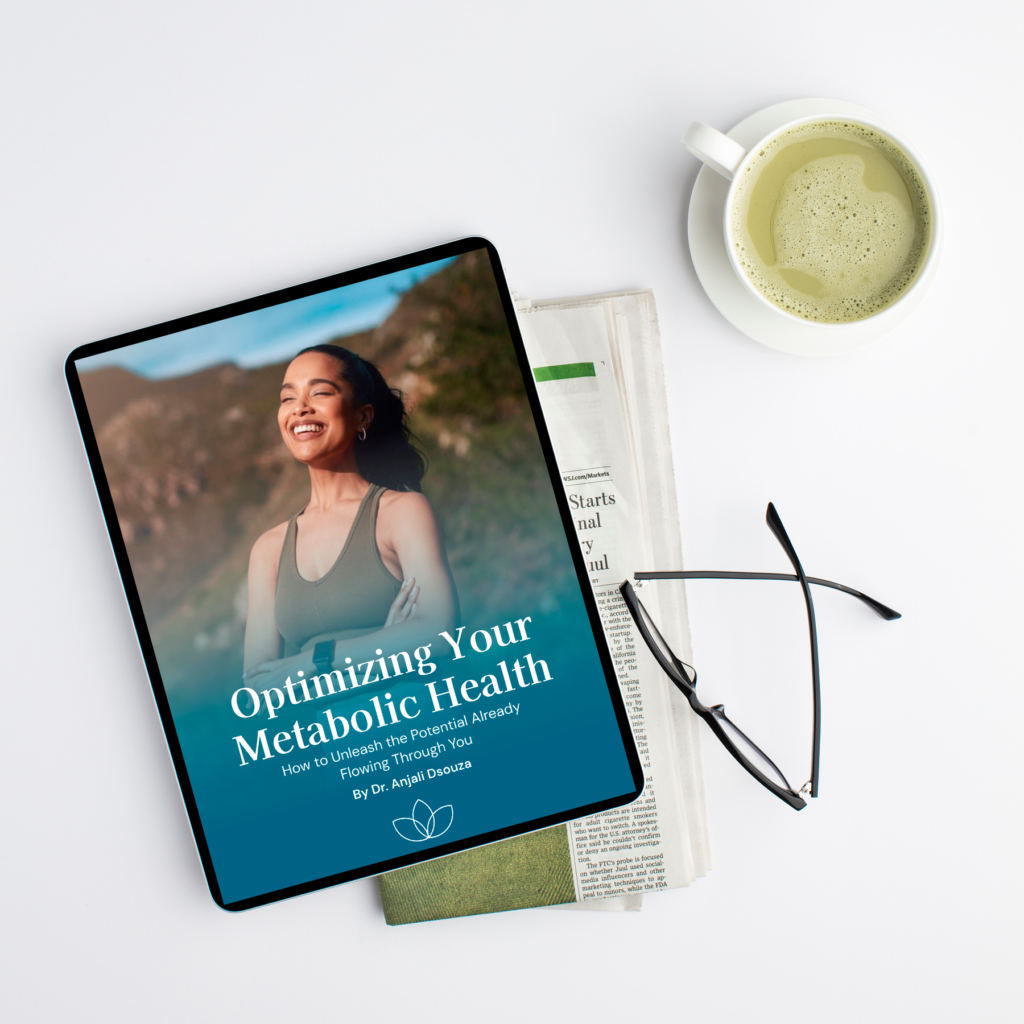Slamming Supplements – Are They Really Useless?
Recent headlines stated that supplements do not lower rates of death (see, e.g. “Choose Foods, Not Supplements – Dietary Supplements Do Not Help You Live Longer”). This obviously provocative media play prompted a lot of questions from patients who take “supplements,” wondering if there was any point to them.

A Note on the Process:
The underlying study was run for 6 years and utilized questioning of patients to determine a) what supplements they were taking b) what food they were eating, and then tracked deaths during this time. They assessed Vitamins A, K, Magnesium, Zinc, and Copper. They did gather data from around 30,000 humans — so, that’s a good chunk of folks. But, asking people to recall information is notoriously flawed — people don’t remember, or worse they may subconsciously adjust what they report to match what they hope the questioner is asking for. Either way, it’s not an unbiased way to collect information.
Let’s slice this a little thinner:
- “Supplements” is used loosely in this study. The items studied are all vitamins and minerals (i.e. nutrients). The conclusion that food should ideally be your source of nutrients is fairly obvious. Of course, it would be best to get all the right things from the food you eat. The problem is that this ideal isn’t always easy to implement, especially given our soil is more and more deficient, leaving our food deficient. Moreover, the standard American diet is often lacking in diversity and density of nutrients.
- The study doesn’t say whether these 30,000 people took additional nutrients on a recommendation from a doctor after a careful assessment of existing levels. That’s the best way to decide what nutrients to take, but we know that’s often not why people take nutrients OR supplements. They take them because they see advertising, because a friend raved about them, or for even less informed reasons. So, rather than the media takeaway, “Supplements are bad,” a more accurate takeaway might be “It’s not a good idea to take supplements without proper guidance and a baseline analysis.”
- Also, not to be to “meta”, but mortality isn’t everything! Better sleep is not necessarily “less death” but it’s still a good thing, right? Same with less constipation, fewer PMS symptoms, or less pain. Magnesium, a supplement that has been recommended to patients even in the absence of deficiency, has all of these benefits, though it does not necessarily decrease mortality. I still recommend it!
My bottom line:
There is nothing earth-shattering about this study. One should always consult with a clinician who utilizes testing to understand if taking a vitamin outside of food is necessary or not. You are not a statistic, you are an individual. Evaluating the risks and benefits for your needs is more nuanced.
© DCIM
About DCIM
The team at District Center for Integrative Medicine specializes in helping patients get to the root cause of their conditions. If you’re looking for 1-on-1 help from Board Certified Medical Doctors who care, request a free consultation today!







